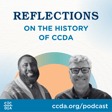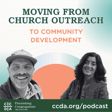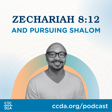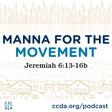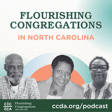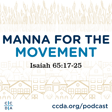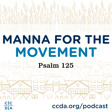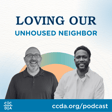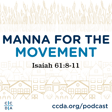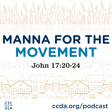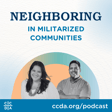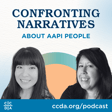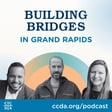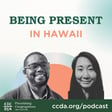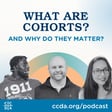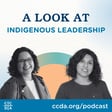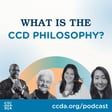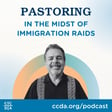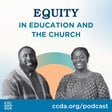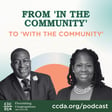
Leadership Lessons from the Front Porch
Sharon Fong Mo is joined by Dr. Froswa' Booker-Drew to discuss her new book Front Porch Wisdom. They reflect on the challenges and beauty of being a woman of color in a leadership position. They also share about the importance of relationships, both in leadership and in life.
Get Front Porch Wisdom wherever books are sold and read an excerpt on the CCDA blog. Learn more about the Women of Color Network at ccda.org/woc.
Dr. Froswa's ripple effect stands out in the realm of cultural transformation. Her role as a network weaver emphasizes the importance of belonging and purpose in corporate, nonprofit, philanthropic, and government settings. By bridging the gap between grassroots nonprofits and institutions, she builds social capital, creates avenues for collaboration, and scales impactful initiatives. She is the President/CEO of Soulstice Consultancy, founder of the Reconciliation and Restoration Foundation, author of 5 books, including the award-winning Empowering Charity: A New Narrative of Philanthropy, and her newly released book, Front Porch Wisdom: Navigating Leadership Pressures and Barriers as a Woman of Color by InterVarsity Press. Froswa' is an adjunct professor at Tulane University in the Master's of Public Administration program and a research affiliate at Antioch University.
Sharon is a strategic communications expert and network weaver who specializes in helping businesses, nonprofits, and churches improve their communication systems and launch new initiatives. With a passion for connecting people and fostering collaborative engagement, she has been instrumental in launching regional business and faith collaborative networks across Southern California, New Orleans, and Portland, Oregon, working alongside faith communities, nonprofits, and government programs. Her expertise extends to redemptive technology design, helping organizations leverage digital tools in ways that restore human dignity and strengthen communities. Her track record of turning communication barriers into bridges has established Sharon as an influential voice in community development and economic empowerment, equally effective in mentoring emerging leaders and advising seasoned executives. She co-leads the Women of Color Network at CCDA.
Connect with CCDA on Instagram, Twitter, Facebook, and LinkedIn. Follow CCDA on YouTube.
